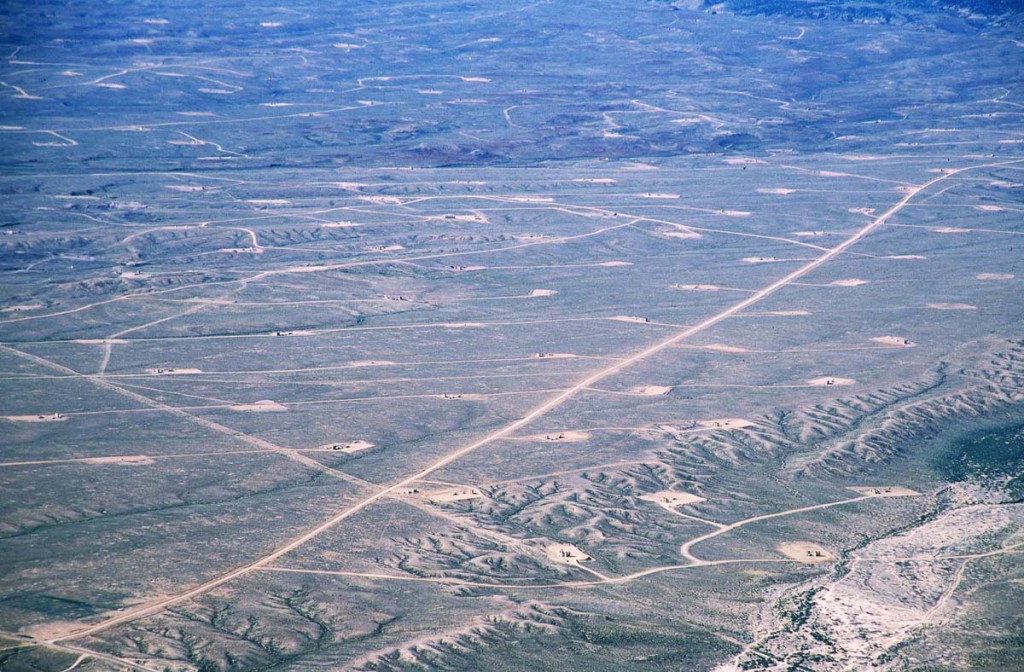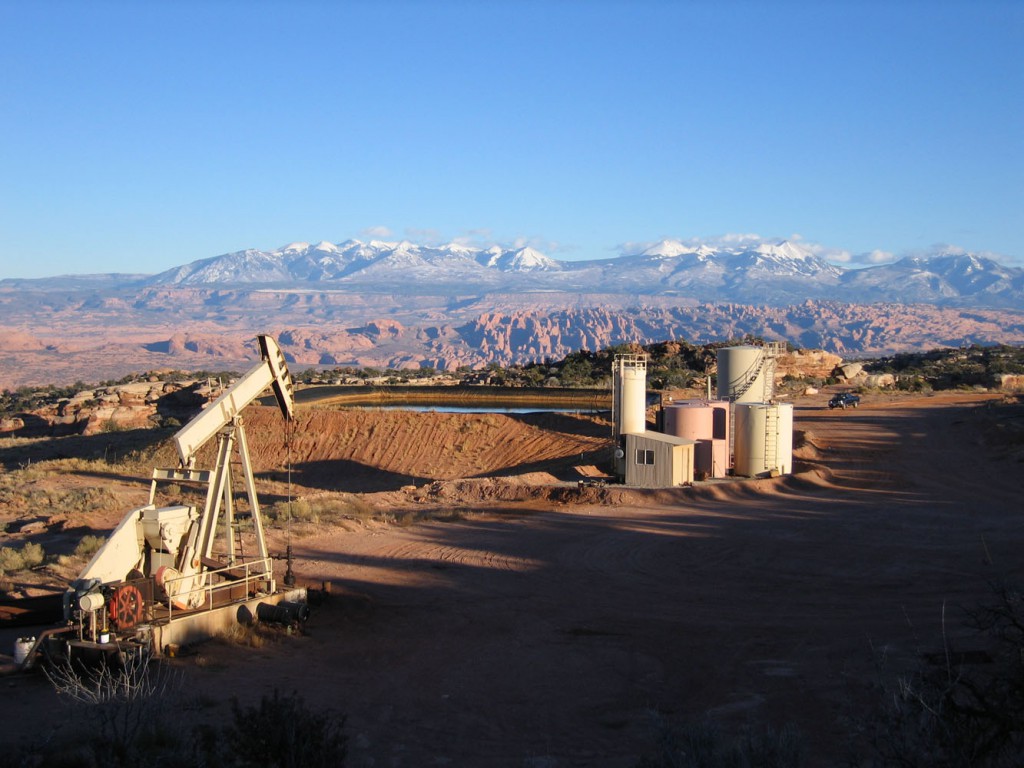Thanks largely to fossil fuel development and consumption and the changes they are bringing to the planet’s climate, Utah – and particularly Utah’s canyon country – is predicted to be hotter and drier than ever. In fact, according to the Intergovernmental Panel on Climate Change, the American Southwest, including Utah, will be ground zero for some of climate change’s most significant impacts in North America.
SUWA has long championed protecting America’s redrock wilderness – more than 9 million acres of outstanding BLM-managed public lands in Utah – from fossil fuel leasing and development ranging from oil, gas and coal to oil shale and tar sands. In fact, SUWA was working to “Keep It in the Ground” long before this concept had a hashtag, a Facebook page, or even a World Wide Web to promote it.
Our work to limit fossil fuel leasing and development is consistent with SUWA’s mission to protect Utah’s wildest places for current and future generations to enjoy. It has the added benefit of helping maintain the many ecological and climate-buffering functions provided by wild public lands. This work has perhaps never been more relevant than in today’s rapidly changing world.

No time to lose
Recent news headlines on climate change have been particularly dire: “hottest year in historical record,” “2015 was hottest year on record, by a stunning margin” and “Utah’s third warmest year.” The dramatic changes we are seeing in the Earth’s climate appear to be happening in a “nonlinear” fashion, meaning that the changes are happening faster and with more disastrous effects than were previously predicted.
Fortunately, the Obama administration is taking a series of wide ranging, if overdue, steps to tackle these issues. Most recently, the Interior Department issued a moratorium on new coal leasing for Bureau of Land Management (BLM) and Forest Service lands and released proposed regulations to reduce methane emissions from existing oil and gas wells. These are significant steps towards reducing America’s greenhouse gas emissions and its dependence on the dirtiest fossil fuels — but more work needs to be done!

We believe one of the next logical steps is to extend the administration’s coal leasing moratorium to new oil and gas leasing on BLM and Forest Service managed lands. Such a moratorium would allow the administration to make the same clear-eyed assessment about whether its current oil and gas leasing program is consistent with the steps our country must take to address climate change.
Because Utah, like all western states, has millions of federal lands already under lease, but not in production, such a moratorium would not solve all of our problems. Like the coal moratorium, production from and development of existing leases would not be limited by such an action. SUWA will continue to keep a watchful eye on those potential projects.
And because the impacts of leasing, developing and burning fossil fuels affect Utah’s redrock wilderness even if they take place outside of the wilderness proposal, you can expect to see us taking a more active role in working to defeat these proposals no matter where they occur.
The confluence between “Keeping It in the Ground” and protecting America’s redrock wilderness is a topic we plan to explore further in a series of blog posts over the coming months, so please stay tuned.

